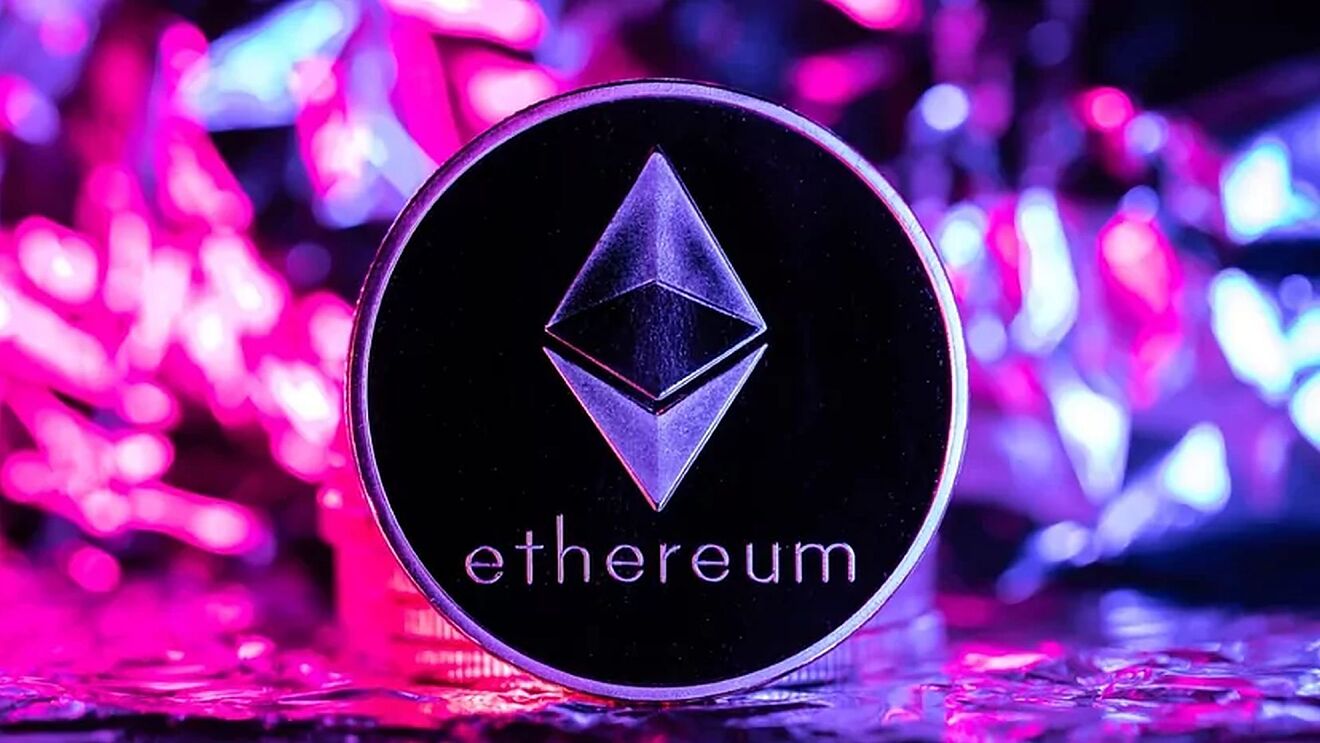Ethereum, often hailed as the world’s most prominent decentralized platform for building and executing smart contracts, has revolutionized the world of blockchain technology. In this article, we will delve into the various aspects of Ethereum, including its history, key features, and its potential future.
The History of Ethereum
Ethereum was conceptualized by Vitalik Buterin in late 2013 and officially launched in July 2015. Buterin, a young prodigy in the blockchain space, recognized the limitations of Bitcoin and sought to create a platform that would enable the development of decentralized applications (DApps) beyond just digital currency.
Understanding Blockchain Technology
Demystifying Blockchain
To comprehend Ethereum fully, it’s crucial to grasp the fundamentals of blockchain technology. Blockchain serves as the underlying technology behind Ethereum, providing a transparent, secure, and immutable ledger of transactions. This decentralized ledger ensures that each transaction is verified and recorded across multiple nodes, eliminating the need for intermediaries.
Key Features of Ethereum
Empowering Innovation
One of the standout features of Ethereum is its ability to execute smart contracts. Smart contracts are self-executing agreements that automatically trigger specific actions when predefined conditions are met. Additionally, Ethereum’s Turing-complete programming language allows developers to build complex and innovative applications on top of the blockchain.
Ethereum vs. Bitcoin: A Comparison
Contrasting Ethereum and Bitcoin
While both Ethereum and Bitcoin operate on blockchain technology, they serve distinct purposes. Bitcoin primarily functions as a digital currency, facilitating peer-to-peer transactions. In contrast, Ethereum’s primary focus is on enabling the development of decentralized applications, making it a robust platform for various use cases beyond financial transactions.
How to Get Started with Ethereum
Embarking on Your Ethereum Journey
Getting started with Ethereum is relatively straightforward. First, you’ll need to set up a digital wallet to store your Ethereum tokens. Next, you can acquire Ether (ETH) through cryptocurrency exchanges or by participating in Initial Coin Offerings (ICOs). Once you have Ether, you can begin exploring the vast ecosystem of DApps and contribute to the Ethereum network.
Common Use Cases for Ethereum
Unlocking Ethereum’s Potential
Ethereum’s versatility has led to a wide range of use cases across various industries. From decentralized finance (DeFi) applications to supply chain management and decentralized governance, Ethereum provides a robust foundation for building innovative solutions that enhance trust, transparency, and efficiency.
The Future of Ethereum
Embracing the Potential
As Ethereum continues to evolve, its future appears promising. With ongoing developments such as Ethereum 2.0, which aims to enhance scalability and energy efficiency, the platform is poised to overcome current limitations and unlock new possibilities. The Ethereum community remains dedicated to pushing the boundaries of blockchain technology, driving innovation and adoption worldwide.
Conclusion
Final Thoughts
In conclusion, Ethereum has emerged as a groundbreaking platform that extends beyond traditional cryptocurrencies. Its ability to execute smart contracts and support decentralized applications has sparked a wave of innovation across industries. As the Ethereum ecosystem continues to grow, it holds immense potential to reshape various sectors and redefine the way we interact with technology.
With that, we wrap up this comprehensive exploration of Ethereum. Whether you’re a developer, investor, or simply intrigued by blockchain technology, diving into the world of Ethereum offers a wealth of opportunities. Embrace the future of decentralized applications and witness the transformative power of Ethereum firsthand.
One of the most secured platforms where you can make your cryptocurrency investments is Binance. You can trade safely Ethereum and other cryptocurrencies.
tags: Ethereum most prominent decentralized platform

